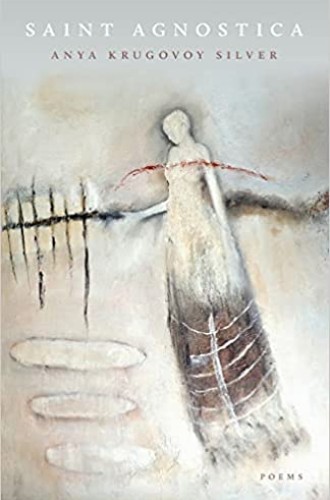Anya Silver’s heart-wrenchingly beautiful last poems
Saint Agnostica is a chronicle of grief, love, and mystery.
This is Anya Silver’s final book of poems, discovered on her computer by her husband on the day of her death in 2018 from metastatic breast cancer, which she had struggled against (sometimes in despair) and lived with (almost always triumphantly) for 14 years. Saint Agnostica chronicles her last months, explores her grief and her fierce attachments to her son and husband, expresses her doubts and her deepest longings, and rages against the mystery of a silent God. It is heart-wrenchingly beautiful.
The last time I saw Silver was at a Poetry by the Sea conference in 2017, where we spoke on a panel together. I will never forget what she said about the beauty of Ash Wednesday. The reminder that from ashes we have come and to ashes we will return is a welcoming one, she said, because everyone with a black cross on their forehead must admit that they, too, are dying. It felt to her like a real community, not like the experience she usually had sitting in a congregation where she felt like the only one with that visceral awareness.
In “Poetry Class, Ash Wednesday,” Silver writes:





